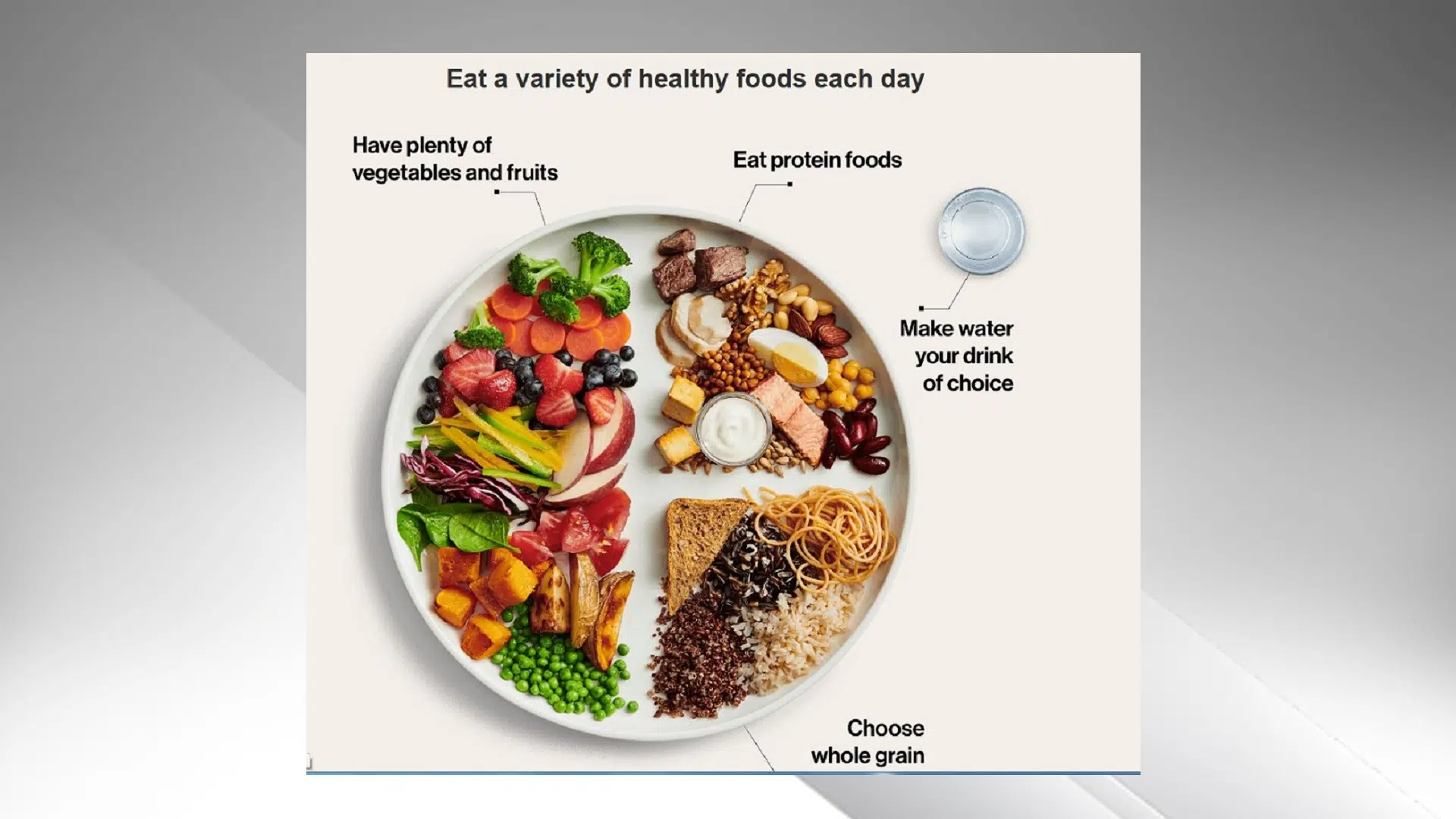
Alberta Beef Producers and other agriculture groups disappointed with new food guide
LETHBRIDGE — The latest version of Canada’s Food Guide was released this week, raising eyebrows in some quarters. In particular, the guide no longer lists milk and dairy products as a distinct food group. Also, Canadians are urged to choose more plant-based proteins, such as legumes, nuts and tofu, with an overtly reduced importance on animal proteins.
Tom Lynch-Staunton, Alberta Beef Producers (ABP) Government Relations and Policy Manager, has this reaction
“On the change from four food groups to three, we recognize that we are quite positive to see their description of eating lots of fruits and vegetables, a quarter of your plate being whole grains and the other quarter of your plate being protein foods, of which beef will be a part. So we’re supportive of that.
However, we have raised our concerns about an emphasis on plant-based protein, over animal-based protein, which we believe, and we know, that plant-based proteins and beef are not nutritional equivallents, even though both can be good for you in a well balanced diet.”
Lynch-Staunton emphasized the importance of beef in the diet.


